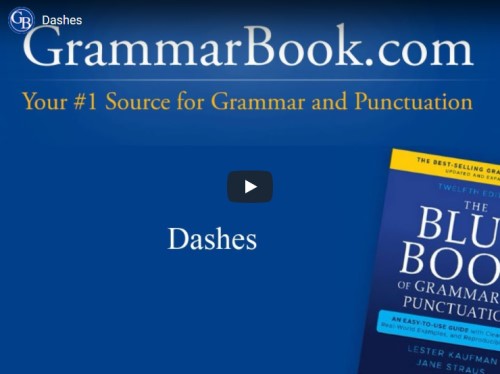|
(This discussion revisits the subject of On to vs. Onto first posted in January 2010.)
English is a rich, descriptive language with a versatile vocabulary. It also is one that can keep even well-studied native writers on their toes with its many nuances, such as those we'll find among homophones.
Another English subtlety lies in morphemes that can be joined or separated to form different meanings with the same letters. One such example is onto and on to.
In this discussion, we'll consider the difference between them as well as when and how they're typically used.
Definition: Onto
The single word onto is most commonly used as a preposition that can mean "on," "upon," or "to a position on": Randy jumped onto the ledge.
Informally, it also can mean "being in an intuitive state of awareness about": The commission is onto the financier's pyramid scheme.
More Examples: Onto
Before we can fix the antenna, we first have to climb onto the roof.
The crowd erupted in applause even before she stepped onto the podium.
Larry favors placing another restriction onto the last one, but the rest of us don't.
It's hard to throw a surprise retirement party when the guest of honor is onto the interoffice code words we're using to plan it.
How long have you been onto the mayor's cutting corners with the budget?
The dogs are onto what the cats have been doing to hide their food. |
Definition: On to
The word onto can be split as on to. In this context, the word on becomes part of a phrasal verb, which is a verb that combines with another word to describe an action (e.g., take in, give up). The other word in a phrasal verb is called a particle.
The meaning of on to is determined by the verb for which it is a particle: e.g., pass on, move on, carry on, go on, add on.
Examples: On to
The priceless antique has been passed on to the generational heir in succession.
We've been here for four hours. Can we please move on to the next dog show?
The subject was difficult, but because of her focus and excellent attitude, Bernice carried on to complete her doctoral thesis.
After a slow start to his career, Jeremy went on to become a prolific engineer.
The Chaudharis are planning to add on another family area to the amusement park. |
Many of us also are familiar with the phrasal verb log on followed by to within the digital realm:
| Please update your password to log on to your account. |
Because the word on in on to is part of a phrasal verb, the word to operates in a prepositional or infinitive capacity:
The priceless antique has been passed on [phrasal verb] to the generational heir [prepositional phrase] in succession.
After a slow start to his career, Jeremy went on [phrasal verb] to become a prolific engineer [infinitive phrase]. |
You may also notice that a phrasal verb's definition is often not apparent from its words considered alone: pass on as a verb with a particle means something other than pass and on interpreted separately:
The priceless antique has been passed on to the generational heir in succession.
Which museums will we pass on the way to the airport? |
This characteristic typically makes phrasal verbs and, by association, on to idiomatic in American English.
Onto vs. On to: Increasing Our Awareness
Now that we've discussed the difference between onto and on to, we can also be more alert to when they can be clearly interchangeable and when they can blur, requiring us to pay extra attention.
For example, while log on is common vernacular, we can likewise use log onto without losing the intended message:
Please update your password to log on to your account.
Please update your password to log onto your account. |
Writing either statement will not confuse an audience. With that in mind, which following sentence would be most clear and accurate?
After each rock band finishes their performance, they are asked to move on to the mechanical riser that will return them to the upper suite.
After each rock band finishes their performance, they are asked to move onto the mechanical riser that will return them to the upper suite. |
Precision will depend on what we mean to convey. If we are explaining the rock band should move a distance to another location, we would use the first sentence. If we are expressing they should place themselves on the riser, we would write the second.
|





